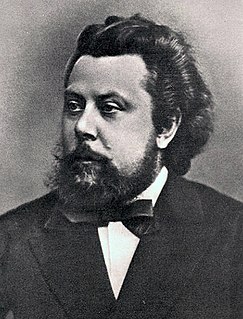A Quote by Walter Gropius
I feel very German - and who can make himself a judge over what is German and what is not - in my ideas and the ideas of my spiritual brothers of German origin.
Related Quotes
My grandmother was German. She didn't teach any of her children German. She really wanted them to be American. And now, she's since passed away, I get so frustrated sometimes. I'm like, "Oh, Oma, why didn't you teach your kids German?" My dad would have spoken German to me from birth, and I would have spoken German.
Americans and British respondents don't want to let the German people off the hook. They make the case that if you get rid of Hitler, some other leader apart from Hitler would have emerged and, because of the structural constant of German nationalism, would have exploited German national feeling and produce the same kind of events no matter what.
And another thing about German symphonic development. I tell you, our cold kvass soup is a horror to the Germans, and yet we eat it with pleasure. And their cold cherry soup is a horror to us, and yet it sends a German into ecstacy. In short, symphonic development is just like German philosophy and soup-all worked out and systematized. When a German thinks, he reasons his way to a conclusion. Our Russian brother, on the other hand, starts with a conclusion and then might amuse himself with some reasoning.







































